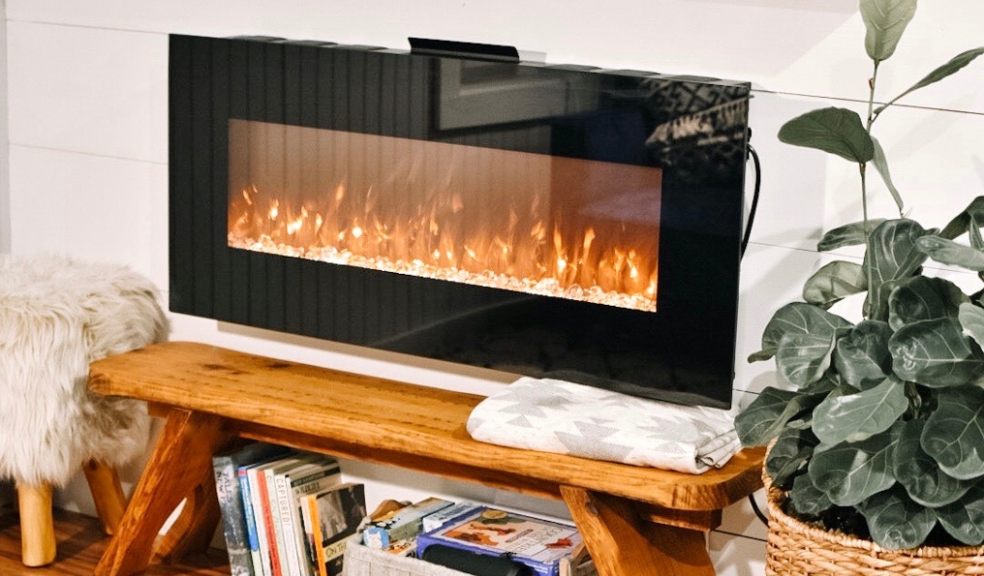
How to keep heating costs down while working at home this winter
With the combination of more people working from home and the colder temperatures of winter, heating bills for most people across the UK are rocketing.
The cost of energy bills have long been a big concern for UK households, but there are lots of simple things you can do to keep cosy and reduce your fuel bills during the current wintery period.
Here are some top tips from NHBC, the UK’s leading warranty and insurance provider for new build homes, to help you save on your winter bills:
· Reduce draughts – an important job as winter approaches is to make sure that your house does not have any unintended draughts. Floorboards and skirtings usually go ignored but cold air can easily filter through, so check for gaps and fill them in. Check to see if your letterbox is draughty, which can lead to cold hallways – installing a letter box draught excluder that fits onto the inside of your front door is an inexpensive easy DIY job. If you have an open fireplace and chimney which is not used, this can be draught proofed to stop warm air escaping and cold air entering your property. Remember that openings for ventilation should not be blocked.
· Bleed your radiators – trapped air or gas prevents hot water from heating your radiators fully so, if you have a radiator that is warm at the bottom but cool at the top, this may well mean there is air in the system, which may require bleeding to ensure maximum efficiency of the heating system.
· Loft insulation – insulating your loft is a simple, inexpensive and effective way to reduce energy waste and lower your heating bills. All new houses are fitted with loft insulation that meets the latest building regulations but, if you are in an older property, you may want to think about renewing it or topping it up.
· Thick curtains – they can help to protect your home from losing heat through windows. It’s important to try to get as much sunlight into your home during the day as possible but, as soon as dusk falls, remember to close curtains to reduce the need for additional heating.
· Keep radiators free – a common mistake we often make is to place our sofas in front of the radiators which can absorb the heat.
· Cavity wall insulation – around a third of all the heat lost in an uninsulated home escapes through walls so, if you live in an older property, considering thermal insulation of cavity walls could save you lots of money.
· Loft hatches – energy loss through the loft hatch is often overlooked. Insulating the hatch and ensuring that an effective draught seal is in place will help to keep heat energy in and your home warm.
· Windows – energy-efficient glazing keeps your home warmer, allowing less heat to be lost. Double glazing is fitted as standard to new-build homes but, if your house is older, replacing windows could be a good investment as they help to keep warmth in and reduce external noise.
· Service your heating system – all central heating boilers should be serviced and safety checked at least once a year by a Gas Safe Registered engineer. If your boiler is old, then consider an upgrade. According to the Energy Saving Trust, a new A-rated condensing boiler can save up to £315 a year on heating bills – most new homes have this type of boiler.
· Room temperature controls – your thermostat should typically be set between 18°C and 21°C, but by installing thermostatic radiator valves you can set different temperatures in different rooms (turn down the radiators in unoccupied rooms), according to individual preference. These will be standard in new homes but are easily fitted to existing radiators.
· Floor insulation – insulating your ground floor or floors above any unheated spaces e.g. integral garages will assist in keeping your home warm.
· Insulating tanks, pipes and radiators - Lagging water tanks and pipes and insulating behind radiators reduces the amount of heat lost, so you spend less money heating water up, and hot water stays hotter for longer.
Standards and Policy Manager at NHBC Giles Willson, said: “People living in new homes typically benefit from lower energy bills because their properties are built in line with the latest Government regulations for energy efficiency. However, whether you live in a newly-built home or an older property, there are a lot of ways that could save money on utility bills during the coldest part of the year when many millions of us are also working from the kitchen table and home-schooling our children.”












